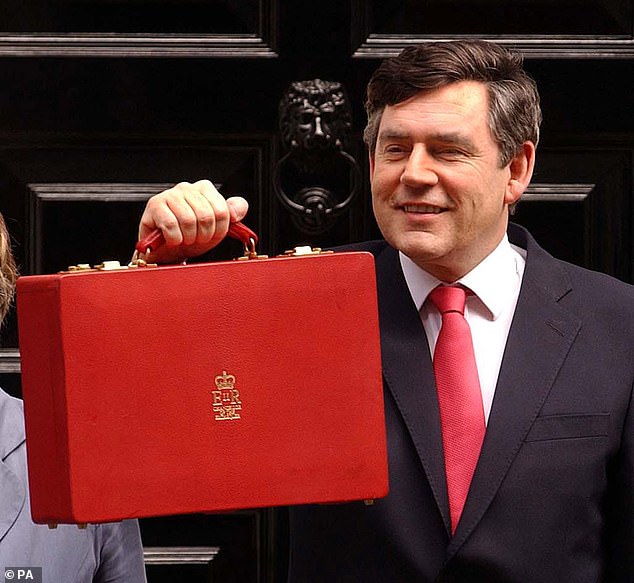Everyone wants more growth, or at least the three main parties all profess to want it. They also want pension funds to invest more in UK business.
Jeremy Hunt announced reforms in his Mansion House speech in November, and is expected to do more in next month’s Budget. Rachel Reeves, his shadow, has just launched Labour’s plan for financial services, called Financing Growth. It is certainly a relief to have politicians that don’t want to clobber the City. But the Conservative offer is pernickety.
The Chancellor’s initiatives were things like a new growth fund in the British Business Bank, a venture capital fellowship scheme to ‘support the next generation of world-leading investors in our VC funds’, ‘£20million to foster more spin-out companies, firms created using research done in universities’, and so on.
For the Opposition, it’s the same sort of stuff, though with fine statements rather than any detail. So it’s ‘Labour will work with local government pension schemes to set out best practice for adopting similar, cost-effective in-house fund management capabilities’ and ‘increasing diversity in financial services broadens and deepens the talent pool, and delivers better outcomes for businesses’.
There’s nothing wrong with this, but the problem is that neither the tweaks of Hunt nor the grand statements of Reeves tackle the big question: why do UK pension funds not invest in UK equities?

On the quiet: Gordon Brown slipped the tax raid through in his first Budget without much hassle
Back in 1997, they and other UK institutional investors owned nearly half of all UK-quoted shares. Now it is 4 per cent. And the answer? It was Government policy that pushed them to do so.
The policy came in two halves: tax and regulation. The tax was Gordon Brown’s raid on dividends paid to pension funds. Until 1997, pension funds got a tax credit. So if they were paid £80 in dividends, they got back £20 as a credit. The rationale was that the company had already paid corporation tax and for pensioners at least there should be some sort of rebate.
The numbers did not look huge. It raised £5billion a year and, since pensioners did not realise what was happening, Brown slipped it through in his first Budget that summer without much hassle.
Cumulatively, though, the impact was huge. Not only did pensioners lose the income, they lost the growth in funds that would have accrued from reinvested dividends. The total loss has been put at £250billion over the ensuing 20 years. And of course, now it raises no money because pension funds hold hardly any British shares.
I rank that tax raid as one of the three most seriously idiotic decisions by Chancellors I can recall – the other two being John Major putting the pound into the European Exchange Rate Mechanism in 1990 and, going back even further, James Callaghan introducing the Selective Employment Tax in 1966.
But we were kicked out of the ERM after two years, so the damage was limited. And the SET, which put an extra tax on service-sector workers, ended when VAT was brought in seven years later. By contrast, the dividend tax raid has lived on until now.
The other thing that killed equity investment by pension funds was regulation. It is complex, but the changes in prudential regulation were meant to push the funds into supposedly safe gilts and other fixed-interest holdings, rather than supposedly risky equities.
You can see the argument. If you know someone is going to retire in say 15 years, put their savings into Government bonds that mature then. Better to have a mediocre but guaranteed return than the probability (but not certainty) of a much better one.
As it happened, from the 1990s to 2020, fixed interest investments did not do too badly. But that came dreadfully unstuck with the surge in bond yields (and corresponding collapse in prices) from 2021 on.
In any event, now most pensions are defined contribution, where savers bear the risk, the case for safety over performance is far weaker. Long term, equities offer a better return than gilts. Rationally they must be the right choice.
Governments are not good at sticking to the Hippocratic Oath in its short form: ‘First, do no harm.’ But here’s a chance to correct a harm of the past. Reverse Brown’s tax raid. It would cost hardly anything. Hunt could do it next month, and Reeves could show a Labour government would be on the side of pensioners by supporting it.
And both parties could commit to reforming regulation so savers get balanced portfolios, rather than be herded into bonds giving zero protection against inflation.







